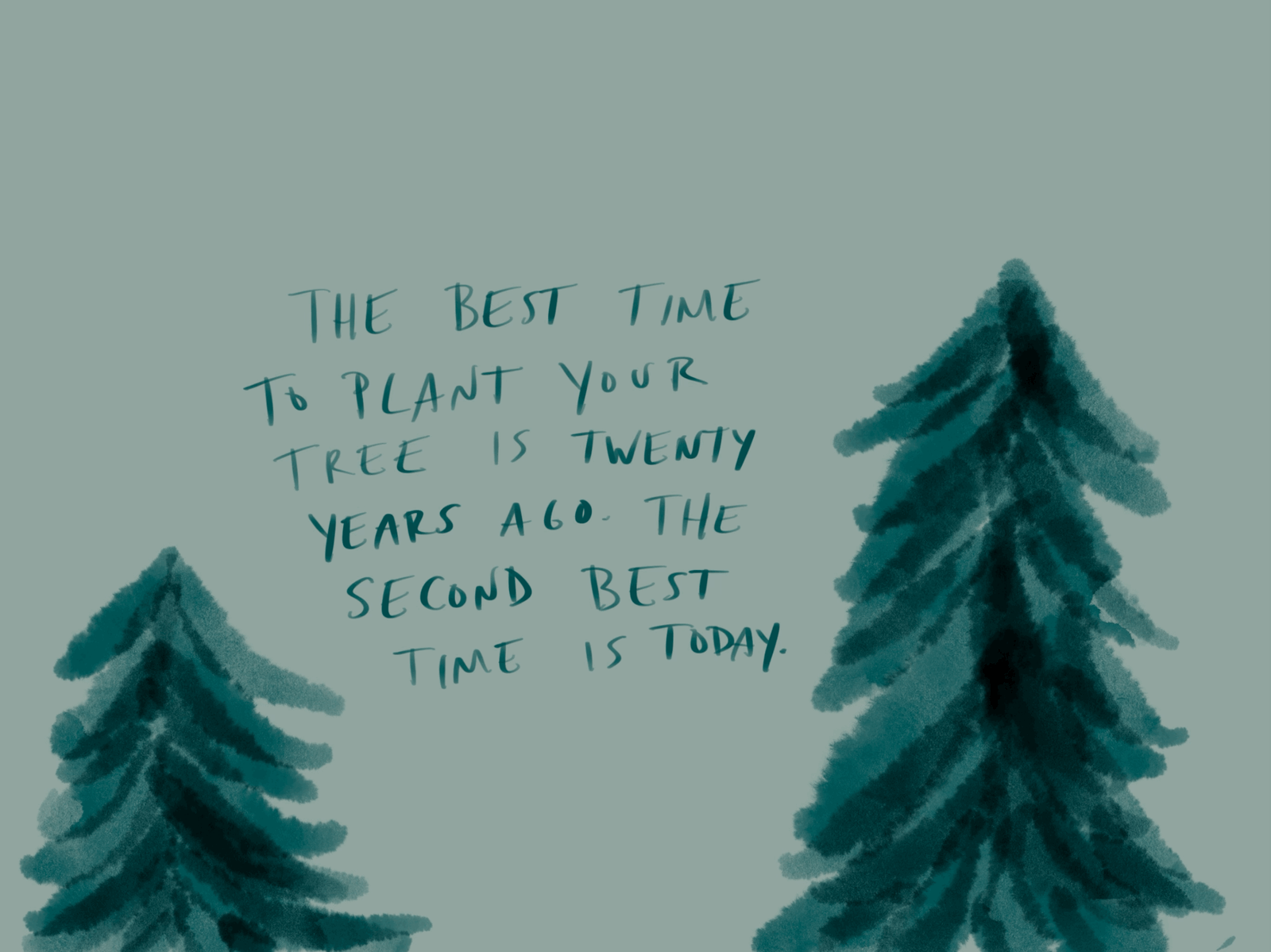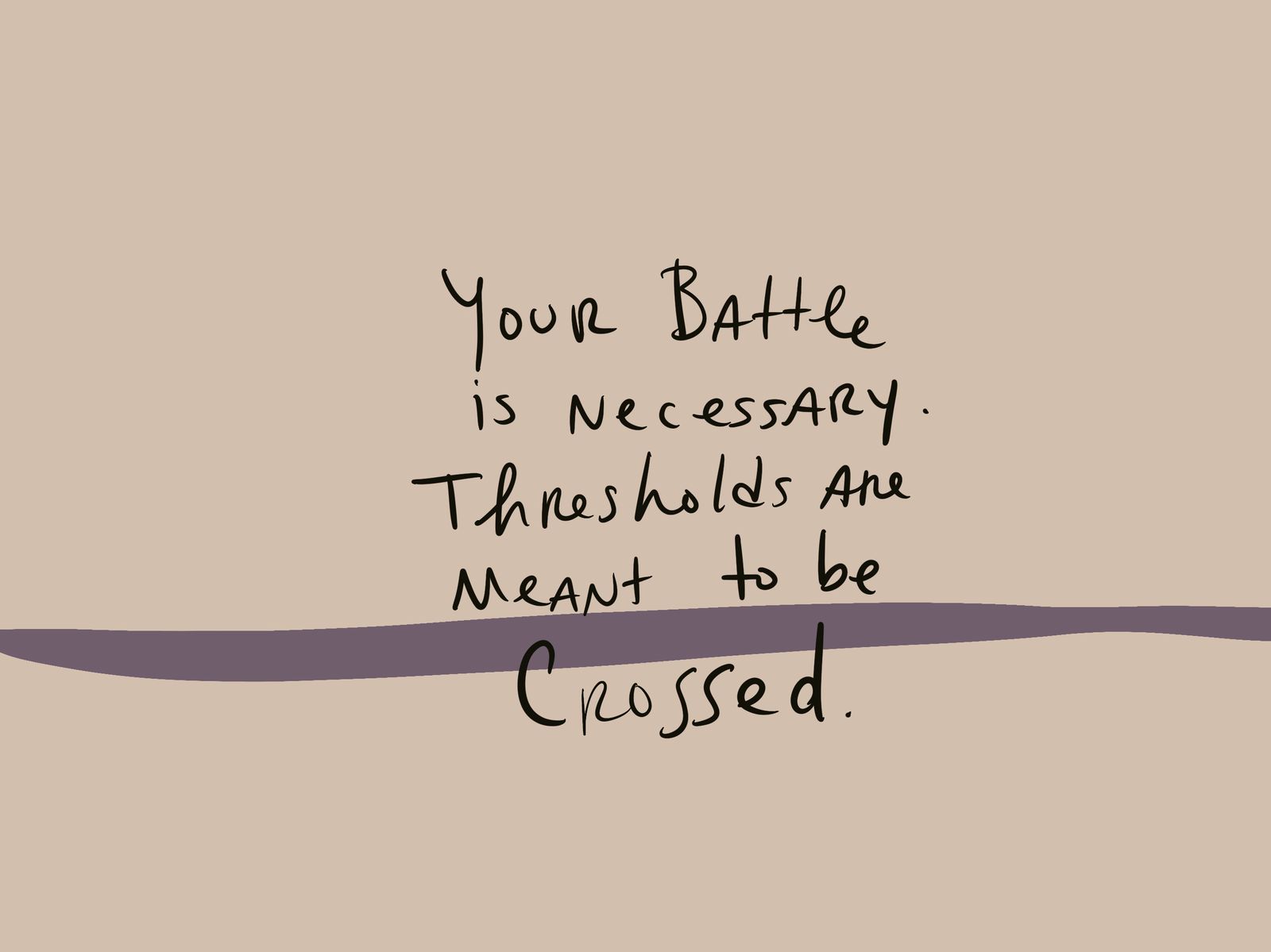The truest thing about me is both the best thing about me and the absolute worst. My strengths when unbounded, misapplied, and misdirected become my biggest flaws.
I'm a giver. I can give things, time, energy away like some people spend money. Almost like it's an addiction. When I give too much, beyond my limits, I grow bitter, resentful, or codependent, the only thing that I build my identity on is how much I give away.
Caleb's fair. Things have to be even, level, equal. This makes him an excellent carpenter and an even better executive type. But unbounded, his strength and integrity degrade into score-keeping, leading him to grow pessimistic, self-absorbed, cold, and distant.
Erwin McManus says, "remember, behind real freedom there lies discipline."
Discipline is rarely celebrated for the liberation it brings. It's seen as work, impossible, relentless work when it's much easier to let things go their own natural way. Real freedom comes from a mastery of self, passions marshaled toward a clear goal. It comes from training, like my mother's clematis vine, up and over latticework to provide shade in the summer. She prunes it ruthlessly every fall, so the next spring large purple blossoms have space to grow. Discipline provides necessary structure and space for our strengths to blossom, not become an untended bramble. In the south, some well-meaning highway engineers introduced a vine from the Amazon rainforest as a groundcover called kudzu beside the new interstate in the '50s. Kudzu worked great for a while, until it spilled over it's bounds and invaded the neighboring wild forestland, choking out native species. Now the only way to get rid of kudzu is to burn it, roots and all, before it has a chance to sprout again.
Healthy boundedness creates an abundance of strength and beauty.
In the book, A Wrinkle in Time, the heroine is an awkward teenage girl named Meg, who's stubborn, headstrong, willful, impatient and angry. With the aid of 3 angel-like guides, Mrs. Whatsit, Mrs. Which, and Mrs. Who, Meg travels the universe to rescue her Father from an evil disembodied brain named "It" on a perfectly ordered planet named Camazotz, among other things. It's my favorite children's book and was recently remade into a big-budget fantasy.
Before Meg sets out to rescue her brother from the clutches of It, each of the Mrs. Ws give her a gift. From Mrs. Whatsit she receives,
"Meg, I give you your faults."
"My faults!" Meg cried.
"Your faults."
"But I'm always trying to get rid of my faults!"
"Yes," Mrs. Whatsit said. "However, I think you'll find they'll come in very handy on Camazotz."
Her stubbornness, impatience, anger help her resist It's mind control and free her brother under his spell. Her faults, when leveraged properly, liberated an entire world.
This is true for all of us: leveraging our faults with appropriate direction and discipline generates ripples that can change our little worlds radically, even reaching out into the great big one.
After Connor and I watched the movie together this spring, we walked around the grocery store picking apart about how the movie was different than the book (it's his favorite too). Once we ran out of comparisons and complaints, we talked about our beautiful faults.
He said, "I can get hyperfocused and get annoyed when Josie interrupts my focus while I'm working on my project," After a pause, he added, "I should probably try and be kind to her. She's little and just wants to play."
Often, our unbounded strengths create great big giant blindspots, things that if we aren't aware of, we will stumble upon too late, only after we've make an awful and unintentional mess of ourselves and our relationships and our worlds. This is the difference between kudzu and clematis, the difference between an angry teenager and a warrior of light. The difference between our faults and our strengths is discipline and boundedness.





